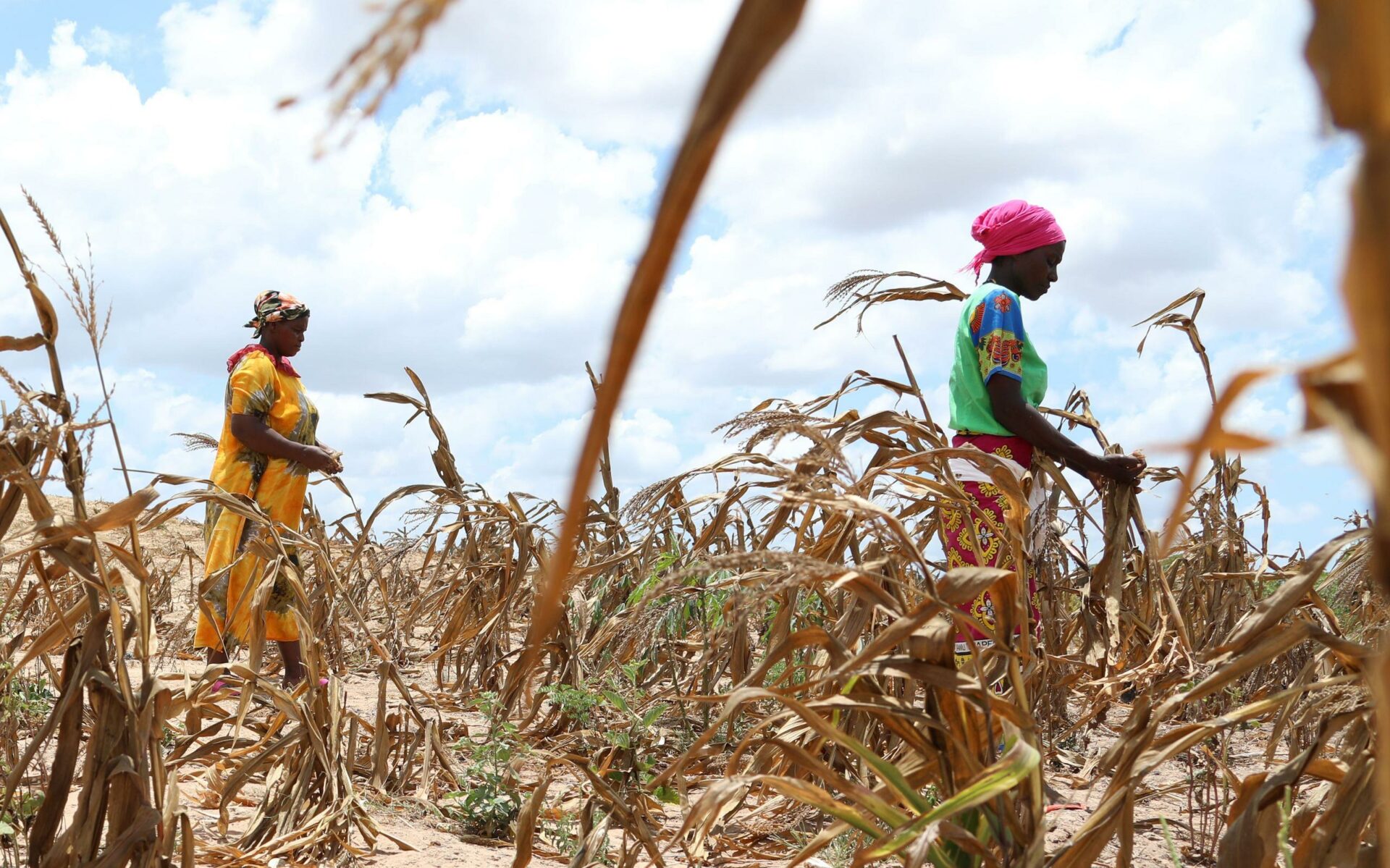Finance issues took center stage today at the COP27 climate talks. U.N. Experts have published a list of $120 billion projects in that investors could invest money and support them. That will help poorer countries, including African countries, reduce emissions and adapt to the effects of global warming.
Among the dozens of projects listed was a $3 billion water transfer project between African countries Lesotho and Botswana. Also, there was a $10 million plan to improve Mauritius’ public water system.
Mahmoud Mohieldin, one of the United Nations-appointed experts known as U.N. Climate Change High-Level Champions, said that this is a demonstration that a meaningful pipeline of investible opportunities exists across the economies. And those are economies that require the most funding, he added.
There is a list of possible investments in African countries
The experts who assist COP host governments in engaging with businesses compiled a list of projects that could be funded more quickly. The reason for this list is to counter the argument made by private-sector financiers that it is too risky to invest more in emerging markets.
They released the initial list after a year of meetings with stakeholders all over the world so that banks and others could evaluate the projects in African countries.
Mohieldin also said that to unlock this investment potential and turn assets into flows, there is a need for creative collaboration between project developers and public, private, and concessionary finance.
However, another report released yesterday suggested that in order to meet the world’s goal of preventing runaway climate change, developing countries would need to secure $1 trillion in external financing every year by 2030. After that, they’ll have to match that with their own funds.
Getting money to low- and middle-income countries so they can build infrastructure, such as renewable energy plants to replace fossil fuels, has long been a priority of the United Nations climate talks. However, progress has been slow.
Topping: We are going nowhere if we pass responsibility to others
Nigel Topping, High-Level Champion for COP26 said that even though there is a pipeline of interesting projects, they will need technical and financial assistance to get to the point where they can attract the right kind of finance.
He added that there is a need for all system actors to roll up their sleeves to make that happen. Also, he stressed that the world won’t get anywhere near unlocking the scale of finance that developing economies require if everyone shifts the responsibility for it to someone else.
According to a recent report from the lenders, the world’s leading development banks will lend $51 billion to poorer countries, with private investors contributing $13 billion.
World Bank President David Malpass today also spoke to delegates about the bank’s climate efforts and participation in a partnership in which Western nations would provide $8.5 billion to South Africa for its energy transition.

